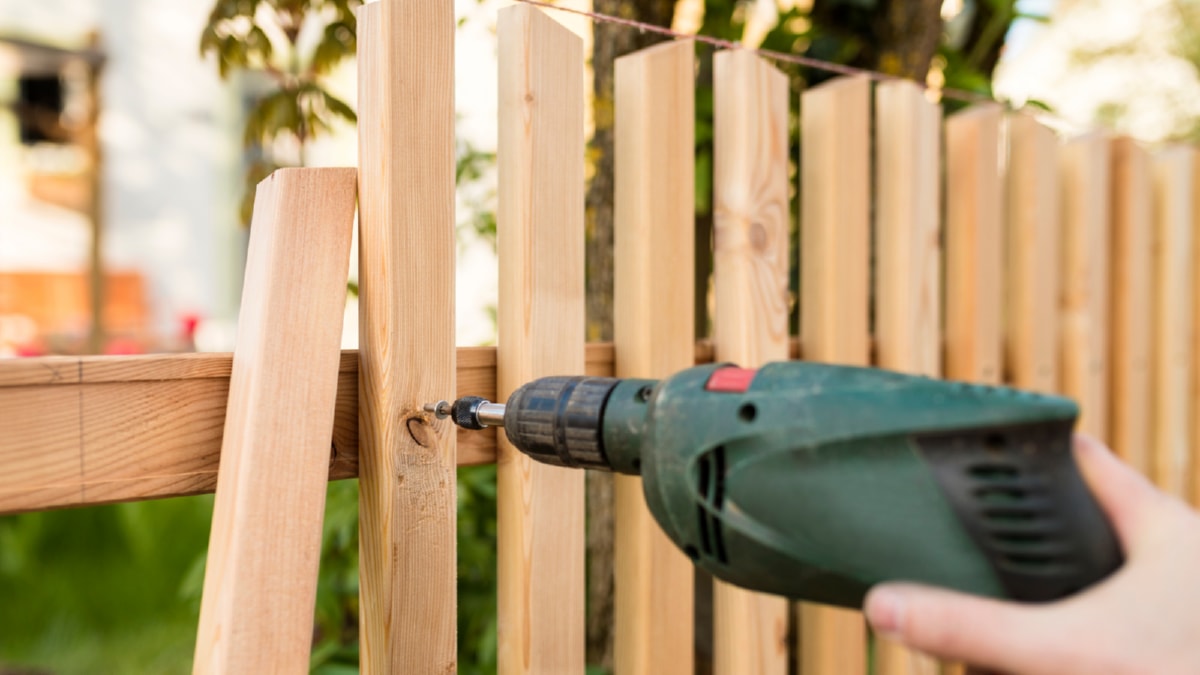Selecting appropriate building materials for your construction venture is an integral part of the construction process. The materials you choose can significantly affect the project’s outcome, including its aesthetics, durability, and cost. Here are some tips to guide you in choosing the right materials.
First, consider the building’s purpose. The materials used for a residential home may differ from those used for a commercial building. Furthermore, the building’s location might dictate the type of materials needed. For instance, in coastal areas, you might need materials that are resistant to saltwater corrosion.
Equally important is the cost of the materials. Keep in mind that while some materials may be cheaper upfront, they may require more maintenance in the long run, adding to the project’s total cost. On the other hand, more expensive materials may offer greater durability and require less maintenance, thus offering better value over time.
The environmental footprint is another significant consideration. With the increasing emphasis on sustainability, it’s important to choose materials that are eco-friendly. This could mean choosing materials that are sourced sustainably, have a low carbon footprint, or are recyclable at the end of their life cycle.
Lastly, consider the availability of the building materials. Local materials are often the best choice as they are readily available and can reduce the project’s carbon footprint due to shorter transportation distances.
Efficiently handling construction waste is as important as choosing the right materials. One strategy to manage waste is by implementing a waste management plan at the start of the project. This plan should identify the types of waste that will be generated, and how they will be disposed of or recycled.
Safety measures are paramount in any construction site. Putting in place safety protocols not only protects the workers, but also ensures a smooth construction process. Some essential safety measures include providing safety training, regular safety checks, and ensuring workers wear appropriate safety equipment.
Understanding the basics of green construction is becoming increasingly important in today’s construction industry. Green construction involves using sustainable building practices and materials to reduce the environmental impact of a building. This can include using energy-efficient systems, sourcing materials locally, and recycling construction waste.
Staying aware of the latest trends in the construction industry can give your project an edge. Current trends include the use of digital technologies for project management, increased use of prefabrication and modular construction, and an emphasis on sustainability.
Lastly, successful construction project management involves careful planning, effective communication, and good risk management. It’s not just about overseeing the construction process, but also ensuring that the project is completed on time, within budget, and to the client’s satisfaction.
In conclusion, several factors contribute to the success of your construction project, from the choice of building materials to the management of waste and implementation of safety measures. By keeping these tips in mind, you can ensure that your project is a success.
.
For more details, check best masonry services or visit their business listing here.



